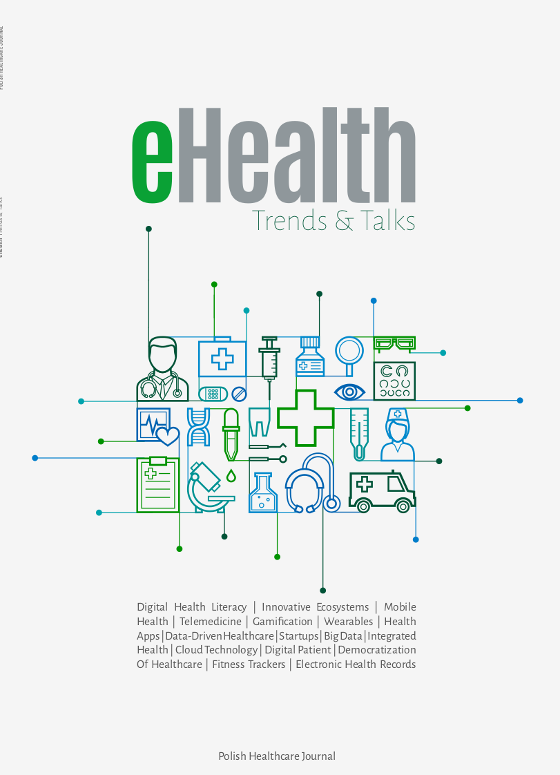 The digitization of the healthcare sector is in a phase of dynamic development. More and more countries are already implementing - or in coming years they are going to implement - eHealth strategies, healthcare providers are investing boldly in It infrastructure and companies and start-ups are introducing increasingly modern mobile solutions to the market. The expectations of patients, doctors and nurses are rising along with their digital awareness. We are witnessing the crystallization of the new healthcare reality, where information serves as a pill with the power to solve many of today's problems.
The digitization of the healthcare sector is in a phase of dynamic development. More and more countries are already implementing - or in coming years they are going to implement - eHealth strategies, healthcare providers are investing boldly in It infrastructure and companies and start-ups are introducing increasingly modern mobile solutions to the market. The expectations of patients, doctors and nurses are rising along with their digital awareness. We are witnessing the crystallization of the new healthcare reality, where information serves as a pill with the power to solve many of today's problems.
eHealth has quickly become a symbol of the democratization of healthcare, as well as an opportunity to meet the challenges caused by an ageing society, the epidemic of non-communicable and chronic diseases and the dramatically rising costs of healthcare. It gives us the hope that we can restore the patient to a central role in the system, and guarantee coordinated and personalized care and more efficient preventive treatment, all thanks to a cross-sectional knowledge of the patient, available everywhere as part of their secure electronic health record. Information is becoming as vital as medicine, allowing medical conditions to be continuously monitored and health threats to be detected in advance, replacing curative treatment with preventive treat ment and contributing to the process of clinical decision-making.
Download: eHealth Trends & Talks (7.943 KB).
Download from eHealthNews.eu: eHealth Trends & Talks (7.943 KB).